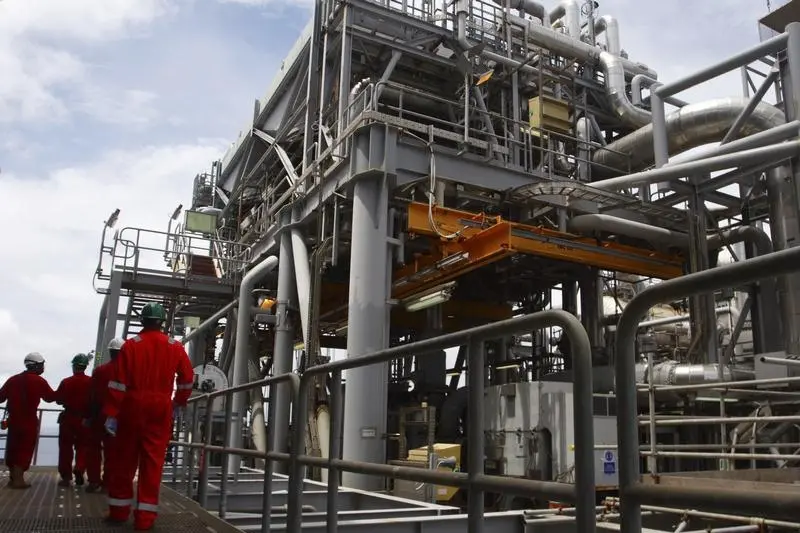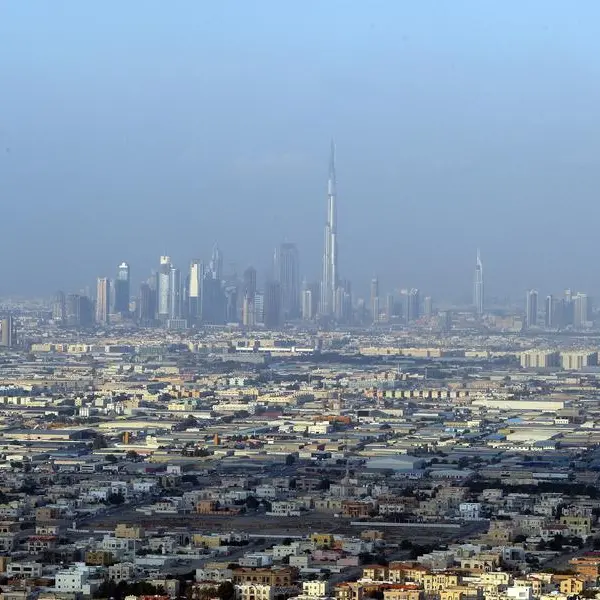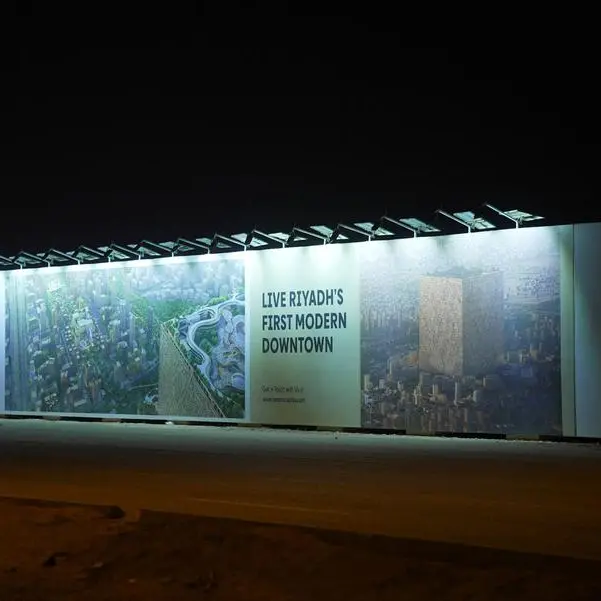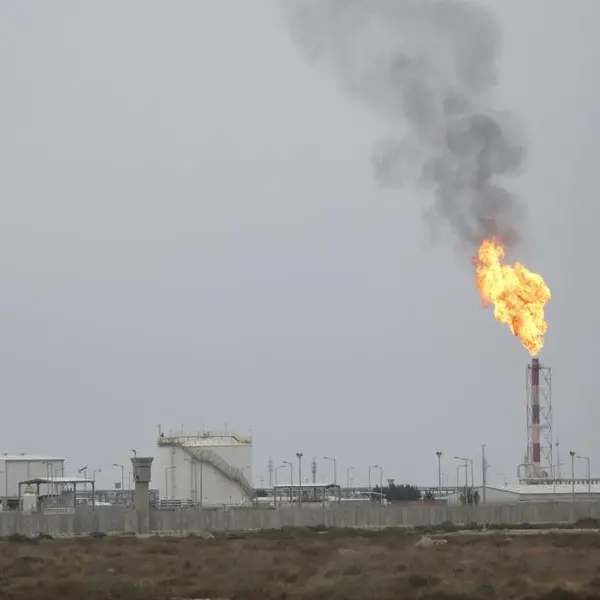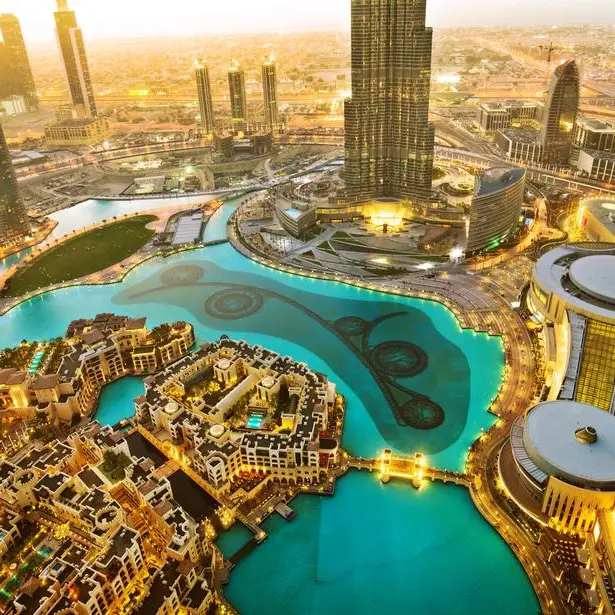PHOTO
This has been blamed on the country’s state of refineries which were shut down for maintenance earlier in 2020 for inability to perform optimally. Even while in operation, the four refineries could not jointly produce one-quarter of the country’s demand.
Nigeria is an oil-producing country and the sixth largest producer of oil in the world but the Federal Government’s inability to make available petroleum products for domestic consumption is a major setback to the growth of the country’s economy.
For years, refineries, with a total installed capacity of 445,000 bpd had a poor operating record with average capacity utilization that hovers between 15 and 25 per cent annually. As a result, more than 80 per cent of the national petroleum products demand is met through imports.
Unfortunately, the importation of refined products has further put a strain on the demand for foreign exchange. Also, the increasing price of oil at the international market which reflects in the pump price of the Petroleum Motor Spirit (PMS), is a major concern of an average Nigerian.
In terms of forex availability, oil marketers are still dependent on the Nigerian National Petroleum Corporation (NNPC) for petroleum products as they are unable to commence importation due to forex scarcity, leaving the Corporation as sole importer.
This is coming despite acclaimed deregulation of the sector which allows market forces to determine fuel prices.
Still, the soaring prices of PMS in recent times have continued to generate massive “kickbacks” from Nigerians, labour unions and other relevant stakeholders within the sector.
In the midst of these controversies were also assurances that predict better times in the nearest future.
Nigeria’s inoperative refineries, losses
Despite their inoperative states, data have shown that Nigeria’s four refineries — two in Port Harcourt, Warri and Kaduna combined — incurred a total of N109 billion operating expenses in 2020.
According to figures obtained from the NNPC Monthly Financial and Operations report from January to December 2020, the operating deficit for the year was put at a little over N100 billion.
Kaduna Refining and Petrochemical Company (KRPC) incurred a loss of N34 billion, Port Harcourt Refining Company (PHRC) N33 billion while Warri Refining and Petrochemical Company (WRPC) also recorded a loss of N33 billion.
Sadly, the refineries produced no product within the period under review but conveniently incurred huge losses to the tune of N100 billion. This is despite the facility’s faulty status over the years. As of date, the country still relies on importation to meet its fuel demand.
Dangote’s refinery to the rescue?
In 2013, Nigerian businessman, Aliko Dangote, announced plans to construct a 650,000 barrels per day refinery. It is located at the Lekki free trade zone, Lagos State.
The $15 billion project is an integrated refinery and petrochemical venture expected to produce enough to meet local demand plus a surplus for export.
No doubt, Nigerians amongst other stakeholders are waiting to see how the project, which is labelled a solution to Nigeria’s oil import problems, would help revive the country’s stalled economy.
Already, with a current inflation rate of 18.7 per cent, according to the Nigerian Bureau of Statistics, and a depleting foreign reserve which as of March 2021 stood at $37.74 billion, the country’s economy unarguably needs a major turnaround to keep things within limit.
Most importantly, it is widely believed that when the refinery comes upstream, this would ease forex demand and also reduce the pump price of PMS.
In one of her visits to the refinery, Minister of Finance, Budget and National Planning, Mrs Zainab Ahmed, stated that the country would save about $10 billion of foreign exchange once the project is completed.
“And for us in government, that is a saving of at least $10 billion that will be sitting in our reserves instead of flying out to pay for petroleum products,” she said.
But can the project rescue Nigeria’s forex challenge and imports?
The NBS fourth quarter statistics on foreign trade (2020), for instance, revealed that out of the N5.9 trillon total imports for the year, 9.68 per cent went to the importation of PMS.
A financial analyst, Paul Alaje, said fuel import consumes a larger part of the nation’s foreign reserve, followed by other commodities.
“When we export crude, people pay us in hard currency, the money that is paid even if it is for the IOCs, because it is paid in hard currency, it is paid into the foreign reserve of Nigeria,” says Alaje.
In his analysis, he said though Nigeria’s foreign reserve tends to increase with the sale of crude oil to other nations, continuous importation of refined oil depletes the reserve leading to forex scarcity.
“What that means is that more pressure will be on the Naira, the demand for Naira will continue to reduce in exchange for the dollar. All of these will reduce significantly when we locally refine petroleum whether from Dangote or whichever means; whether government or private,” Alaje concluded.
In March 2021, the Central Bank of Nigeria (CBN), in its 2020 fourth quarter report also showed how petroleum products import contributed to the $5.2 billion deficit recorded in the quarter.
“The goods account witnessed a higher deficit of $5.26 billion, resulting from increased import of both petroleum products and non-oil import.”
That said, it is worthy to note that due to the variations in demand and supply of oil at the international market, which in turn affects prices, a rise in the price of the commodity in an oil-importing economy tends to reduce economic growth, create shock in exchange rate, affect consumption, domestic investment and even cause a rise in prices of other commodities.
But with the new refinery, experts believe that because of its installed capacity, crude oil could then be refined and sold locally in the Nigerian currency, this in the process, reduces the pressure on forex.
Should Nigerians expect a reduction in petrol pump price?
Between 2016 and 2020, findings showed that the price of PMS had been on a constant increase, except for the reduction experienced between April and June 2020 which was mainly due to the impact of the COVID-19 pandemic that crashed the price of oil at the international market.
In February 2015, during the Goodluck Jonathan’s administration, the price of PMS dropped from N97 to N87 but the Buhari led administration on May 11, 2016, increased the price from N87 to N145, making a 66.67 per cent increase.
Ever since, the price had been static until earlier in April 2020 when the price dropped to N130.84 in April, N129.67 in May and June N128. This, however, was short-lived as the price went up to N143.63 in July, N148.78 in August, N161.06 between September and October, N167.27 in November and N165.7 in December.
Meanwhile, an average Nigerian assumes the Dangote refinery project is likely to reduce petrol pump price.
On the other hand, factors like freight, tax, demurrage, landing cost, Jetty-Depot through-put among others, according to the Petroleum Products Pricing Regulatory Agency(PPPRA) template, contribute to pricing.
But if such money gulping factors are eliminated, one could predict a reduction.
“By refining this product here in Nigeria, all those costs associated with either demurrage from import, costs associated with freight will be totally eliminated,” says the CBN Governor, Godwin Emefiele.
A Professor of Economics at the University of Ibadan and an Energy expert, Prof. Adeola Adenikinju also shared a similar position with the Nigerian Tribune.
Still, he assumed that the likelihood of reduction of petrol pump price may be dependent on the agreement between Dangote and the federal government.
“It is likely to reduce the cost of fuel pump price. I said likely because I don’t know the terms and conditions with which we are going to buy. Look at cement price, it is one of the highest in the world and yet it is produced locally by Dangote,” says Adenikinju.
“But some of the other costs like freight, tax, transportation, insurance, that are associated with the price will not be there again. Overall this is a win-win situation if it works well, Nigeria should benefit from the refineries.”
Bala Zakka, an Energy expert on his part, said currently, the pricing mechanism to be adopted by Dangote is still unknown but noted that refining in Nigeria will reduce petrol pump price.
“Because refining is going to be done in Nigeria, because he will buy the crude oil within Nigeria and the crude oil will be moved from the wellheads to his refinery within Nigeria, price of petrol from Dangote refinery will be cheaper than what is imported from refineries abroad.
“Reason is that from any refinery that you are going to bring the refined product from abroad, you are going to pay for vessel, cost of transportation, insurance, security and when the vessel gets to Nigeria, if there is no space to anchor them, you are also going to pay while waiting to discharge them and when you come and there is no place to discharge them and keep, you have to look for private depot and keep them there. All these charges will add to the overall cost per litre.”
In spite of the huge investment in the water sector by the government and international organisations, water scarcity has grown to become a perennial nightmare for residents of Abeokuta, the Ogun State capital. This report x-rays the lives and experiences of residents in getting clean, potable and affordable water amidst the surge of COVID-19 cases in the state.
The Lagos-Ibadan railway was inaugurated recently for a full paid operation by the Nigerian Railway Corporation after about a year of free test-run. Our reporter joined the train to and fro Lagos from Ibadan and tells his experience in this report.
Copyright © 2021 Nigerian Tribune Provided by SyndiGate Media Inc. (Syndigate.info).
